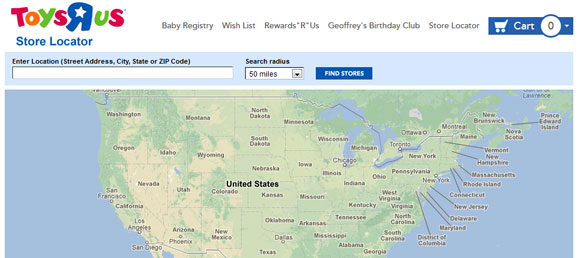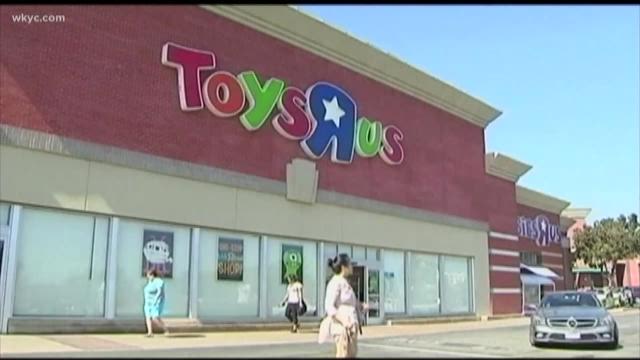

Unfair Advantages: How Real Estate Became a Billionaire Factory Its content is produced independently of USA TODAY. The Motley Fool is a USA TODAY content partner offering financial news, analysis and commentary designed to help people take control of their financial lives. Editorial content from Millionacres is separate from The Motley Fool editorial content and is created by a different analyst team. Editorial opinions are ours alone and have not been previously reviewed, approved, or endorsed by included advertisers. But based on the retailer's history and the ongoing challenges it faces, it's not something they should bank on. Plans are currently in the works to open additional pop-ups, airport shops, and mini stores inside other retailers - a far cry from the larger stores consumers may remember.Īll told, it'll be a good thing for real estate investors if Toys "R" Us manages to succeed, even at a limited capacity. Now, parents - and consumers on a whole - are doing a lot more shopping online, and if Toys "R" Us can't compete with Amazon's price points, it's going to struggle.Ĭustomers may also get thrown by the fact that the new locations for Toys "R" Us may be smaller and offer less selection than they'd expect. Shopping for toys was once regarded as a fun family outing, but the pandemic has changed that.


Though to be fair, mall traffic has been extremely sluggish in the wake of the coronavirus pandemic, so those stores in particular fell victim to poor timing.Īt this point, however, whether Toys "R" Us can succeed in drawing in customers will hinge on how well stores are run, how strategically they're opened, and how they're able to compete with big-box giants like Target (NYSE: TGT) and Walmart (NYSE: WMT), both of which are known for their vast, affordable toy selection.Īmazon (NASDAQ: AMZN) is another major competitor Toys "R" Us needs to worry about. Its two pop-up locations, which opened in late 2019 in two different malls, failed miserably. In the past few years, Tru Kids has tried to open in different capacities, only to fall short.
Toys r us locations in usa free#
Superstores: With a diversified services business, Walmart is sounding like a tech companyĬOVID-19 vaccine motivation: Krispy Kreme is giving away free doughnuts for showing vaccination cardīut real estate investors shouldn't start banking on an extra shopping center tenant just yet. Meanwhile, brand management company WHP Global recently acquired a controlling interest in Tru Kids and is making plans to open a number of stores this year, ideally ahead of the holiday season. In 2019, Toys "R" Us emerged from bankruptcy as Tru Kids, which now owns the Toys "R" Us, Babies "R" Us, and Geoffrey the Giraffe brands. But is the once-popular retailer headed for success, or will its revival be temporary at best? A tough market to succeed in It's therefore good news for shopping centers, and the people who invest in them, to learn that Toys "R" Us is in the process of staging a comeback. But shopping centers that housed Toys "R" Us had an instant problem on their hands: finding a replacement tenant. Some parents were appalled - where would they shop for holiday and birthday gifts? Other consumers weren't at all surprised. In fact, when Toys "R" Us shut down its remaining stores in 2018, reactions were mixed. Tales of half-empty stores, poor selection, and a glaring lack of customer service are only some of the reasons why the famed toy retailer eventually drove itself into the ground. But in the years leading up to its 2017 bankruptcy, things started going downhill. Children of the 1980s and 1990s have fond memories of walking the aisles of Toys "R" Us, basking in the glory of the chain's wide selection of games, dolls, and activities.


 0 kommentar(er)
0 kommentar(er)
